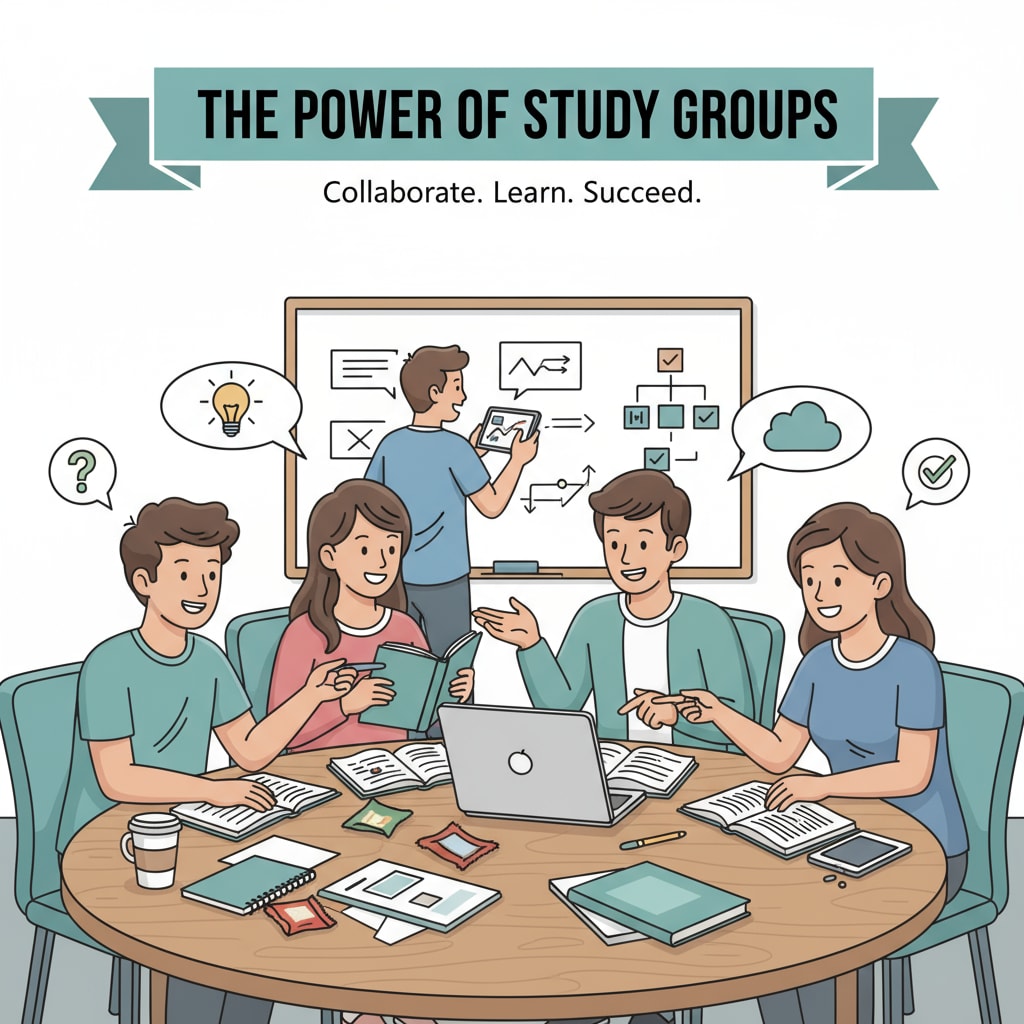Academic failure, academic change, and university application rejections can be incredibly disheartening experiences for students. However, they also present unique opportunities for self-growth and rediscovery. In this article, we will explore how students can transform after facing academic setbacks in K12 education and navigate the challenges of returning to university education.
The Roots of Academic Failure
Academic failure in K12 education can stem from various factors. For example, ineffective study habits often play a significant role. Some students may not have developed proper time management skills, leading to procrastination and incomplete assignments. According to Verywell Family’s guide on study habits, creating a regular study schedule and setting clear goals are essential for academic success. Another factor could be a lack of understanding of the subject matter. If students struggle to grasp key concepts, they may fall behind. Additionally, personal issues such as family problems or health issues can also impact a student’s academic performance.

Rebuilding Learning Abilities
Once students identify the root causes of their academic failure, they can start working on rebuilding their learning abilities. One effective strategy is to seek additional help. Tutoring, either in-person or online, can provide targeted instruction. For instance, websites like Wyzant offer a wide range of tutors for different subjects. Moreover, students can join study groups. Collaborating with peers can enhance understanding through discussions and sharing of ideas. Developing new study techniques is also crucial. This could involve using mnemonic devices to remember information or taking detailed notes during lectures.

After successfully rebuilding their learning abilities, students may face the challenge of returning to university education. University admissions processes can be competitive, especially for those with a history of academic failure. However, many universities recognize the potential for growth and change in students. They often look beyond past academic records and consider other aspects such as personal statements, letters of recommendation, and extracurricular activities. Students should focus on highlighting their journey of self-improvement and how they have overcome their past challenges in their applications.
Readability guidance: By breaking down the content into short paragraphs and using lists, we make it easier to understand. Each H2 section provides key points, and we’ve kept the passive语态 to a minimum and used transitional words to enhance the flow.


